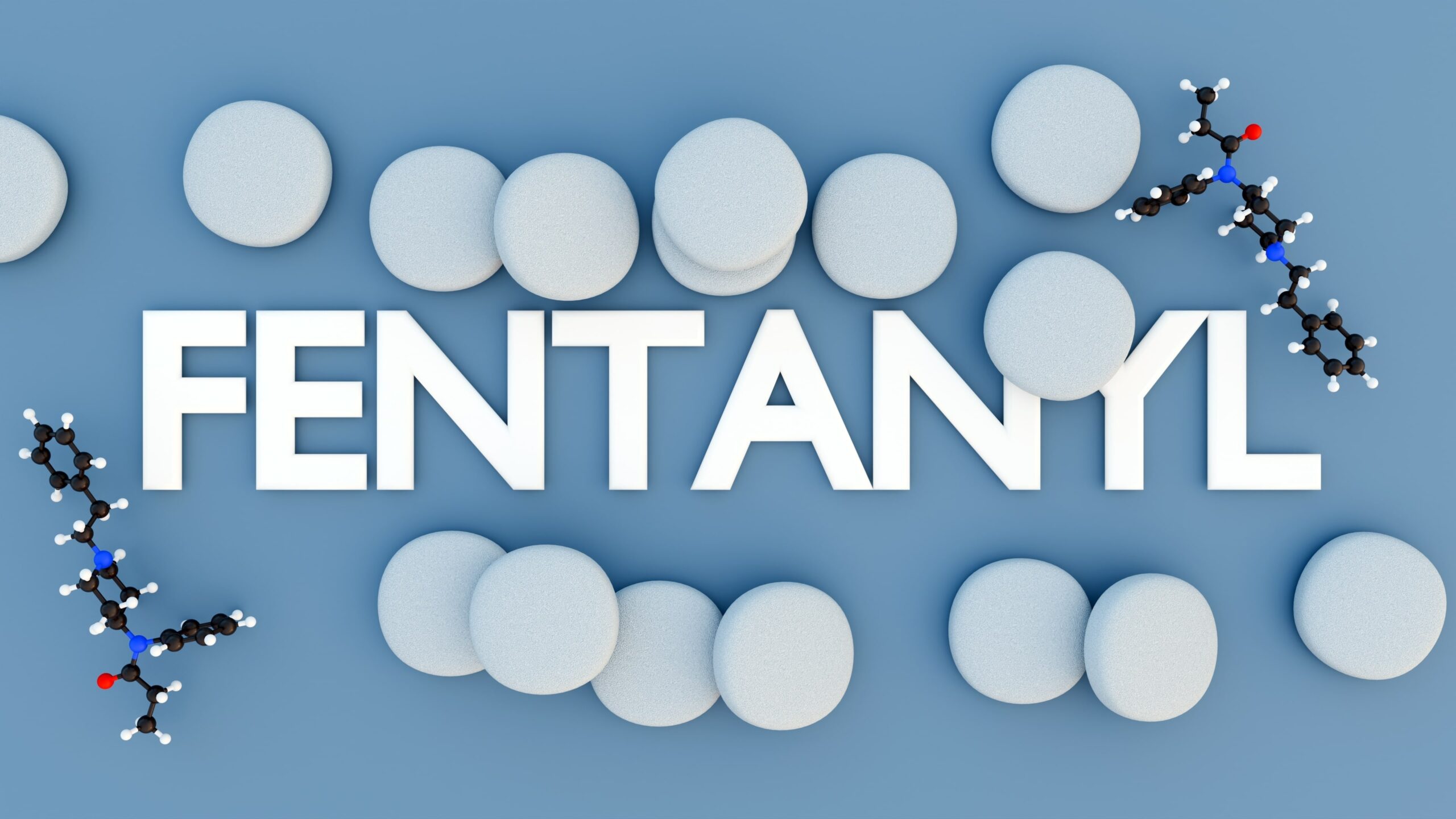Unfortunately, some juvenile offenders end up in court again and again because they did not receive the help they needed to get back on track and become productive adults. If they are still facing legal troubles in adulthood, their chances of leniency are greatly diminished. So what is the best way to help juvenile offenders?
That question has been the focus of an advocacy organization called “Reclaiming Futures,” which was founded in 2001. Since it began more than a decade ago, the organization has grown to become active in approximately 37 communities throughout 18 states.
According to a recent news article, Reclaiming Futures puts a large focus on treating substance abuse, as this is often at the heart of juvenile delinquency and youth crime. The organization’s current director recently wrote: “Did you know that 343,000 teens are arrested each year in the United States for drug and alcohol related crimes, yet only one in 16 teens who need treatment receive it?”
Hopefully, the approach taken by organizations like Reclaiming Futures will be replicated in communities around the country. If we fail to provide juvenile offenders with the help they need, our inaction may very well lead to continued patterns of crime and more costs to the criminal justice system down the road.
Source: Juvenile Justice Information Exchange, “OP-ED: Reducing Youth Crime by Treating Substance Abuse,” John Lash, Jan. 3, 2014


